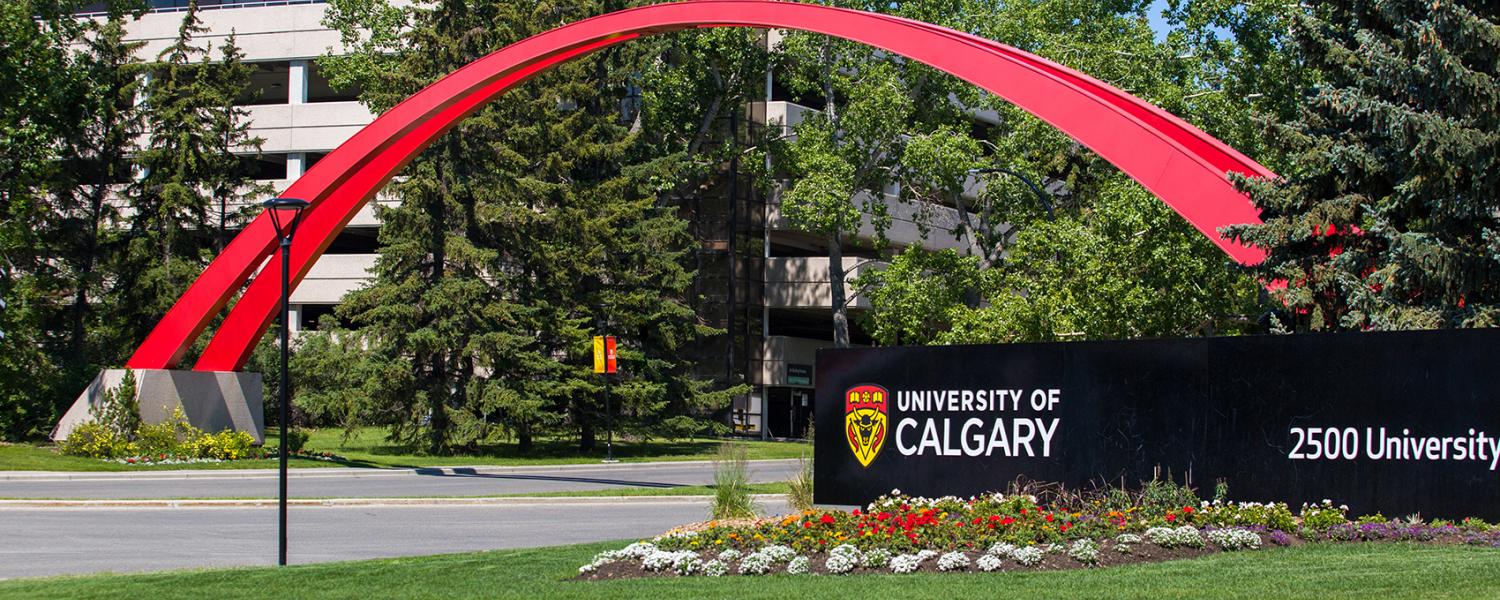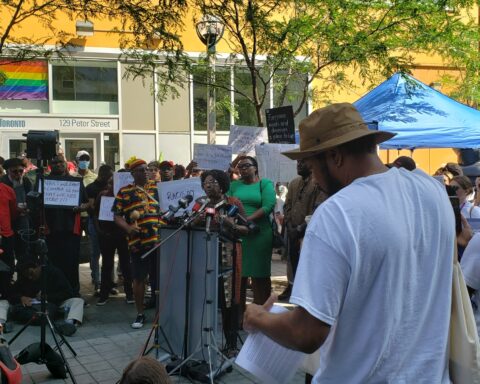The University of Calgary has admitted to being a systemically racist institution against Blacks, Indigenous people and other people of colour.
The revelation by its executive team has hardly received any attention. The shocking admission was made on June 24, which coincidentally is when John Cabot landed in Newfoundland in 1497.
Only three weeks earlier, on June 1, the university tweeted a statement denouncing racism and offering support “in these difficult times.”
Charges of racism
Spearheaded in the Department of Psychology, a group from the academic grievance industry reacted to the tweet a week later, charging the university with racism in an open letter. It’s an adapted form letter circulated on other Canadian campuses.
The letter initially acknowledges efforts at the University of Calgary to create an environment of inclusion, and welcomes the new “equity, diversity and inclusion” commissar. But it’s not enough. The letter claims that university is systemically racist and has “longstanding, underlying, and systemic racism” problems.
Claiming something doesn’t make it so, however. A skeptical approach to these claims is necessary because the letter indiscriminately casts aspersions of racism on an entire community of scholars and workers. Equally important, a minimum standard of evidence is required in any academic setting.
The letter says the university is “the home of racist … sentiment.” If it is, presenting evidence renders the greater service to alumni and donors, the city and province.
Alas, beside conjecture, the freest form of association and a cartoonish intellectual attitude, the letter presented no case of systemic racism on the campus. None! There was racism in “Alberta in the early 20th century,” it reads.
There surely was, but does it link to the University of Calgary today?
“Researchers have shown … racism within schools is among the main reasons for the academic failure of Black students,” they say, without establishing relevance to the university from school research.
In a blanket smear, the letter claims that “Students, teachers, and administrative staff” can be racist. But saying that there may be racist people on campus doesn’t demonstrate that it’s institutional.
Not one example of a person subjected to such reprobate institutional behaviour at the university is offered. The letter even fails to summon the intellectual entrepreneurship to demonstrate how minorities might be underrepresented on campus.
Similarly, the letter doesn’t define “systemic racism.” This absence of a clear standard illustrates the failure of social justice warriors and the grievance-studies subcultures in universities more vividly than rhetoric could. Strong argument based on carefully marshalled evidence has always been a hallmark of scholarly excellence.
In the absence of any evidence, the signatories leapt to the undocumented conclusion that “there is need to address longstanding, underlying and systemic racism in our own university.”
Judging by what follows the racism charges, the letter wants the university to become a factory of social justice activists “equipped to advocate.” The adapted document offers a litany of requests to correct problems, including a condemnation of police brutality, “more faculty and staff of colour,” and less rigor in admissions.
The requests betray an ideological desire to transform the university into a political tool. They want to radicalize the teaching and research, in the name of “protect[ing] the public from structural and research racism, bias and discrimination.” They want “permanently [to] abolish the unsafe practices currently being used to educate community leaders and researchers” without even showing anecdotal evidence of abuse.
Short of saying the current academic offerings promote racism, they want “programming and curricula … to provide in-depth instruction [not education] on structural racism, oppression and marginalization, and decolonization … to provide people with the tools to combat racism.”
The most radical indoctrinating request wants race at the centre of all things and “adopt identity-conscious policies and practices.” The university, then, should become the training ground for a new race-conscious activist who, in radical opposition to the accomplishments of the last 60 years, will judge people by the colour of their skin and not the content of their character.
The university’s response
In response, the university executive admits that the institution has a “crisis of systemic racism.” The response never says whether the university may be a racist emporium for its hiring practices, for failing non-white students or because qualified minority students are being denied entry into programs or the right to graduate.
Albertans need substantive answers.
Meaningless politically-correct self-flagellation is one thing. But when top University of Calgary administrators openly admit systemic racist practices, they also stain Calgary and the province.
This story was originally published by: Asian Pacific Post
Marco Navarro-Genie is the Executive Vice President at Justice Centre for Constitutional Freedoms. He is the former President and CEO of the Atlantic Institute for Market Studies (AIMS) and often provides political analysis and media commentary on Canadian provincial and federal policy and politics.





